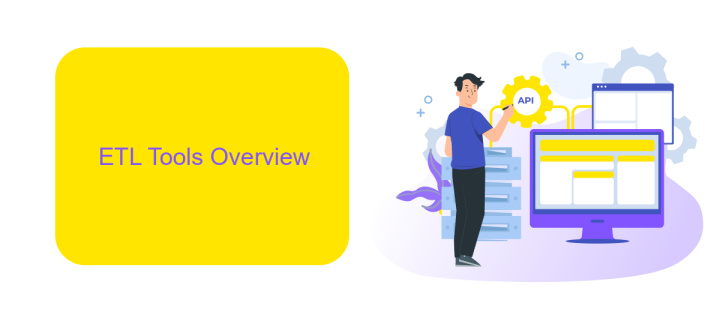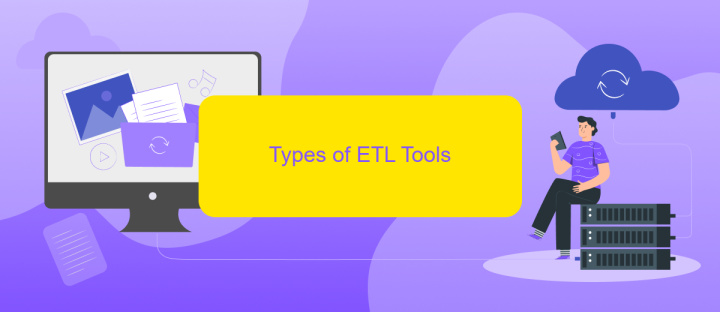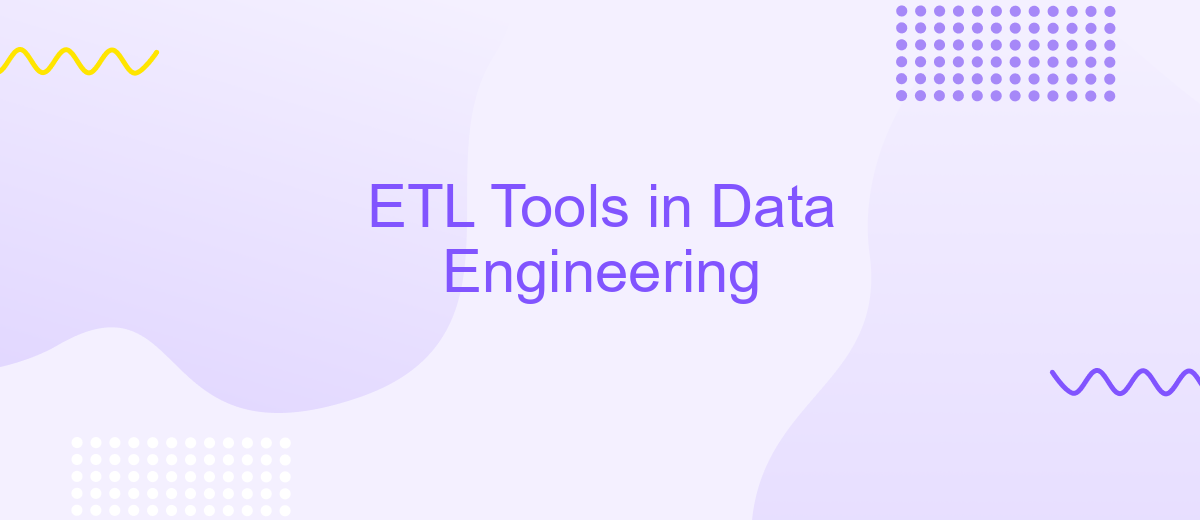ETL Tools in Data Engineering
ETL (Extract, Transform, Load) tools are essential in data engineering, streamlining the process of collecting data from various sources, transforming it into a suitable format, and loading it into data warehouses for analysis. These tools enhance data quality, improve efficiency, and support decision-making processes, making them indispensable in modern data-driven environments. This article explores the key features and benefits of ETL tools in data engineering.
Introduction
ETL (Extract, Transform, Load) tools are essential components in the realm of data engineering. These tools help in extracting data from various sources, transforming it into a suitable format, and loading it into a data warehouse or other storage systems. The efficiency and reliability of ETL processes are crucial for businesses to make data-driven decisions.
- Extraction: Collecting data from different sources such as databases, APIs, and flat files.
- Transformation: Converting data into a format that is suitable for analysis and reporting.
- Loading: Storing the transformed data into a data warehouse or other target systems.
Modern ETL tools, like ApiX-Drive, simplify the integration process by providing a user-friendly interface and robust automation features. ApiX-Drive allows businesses to seamlessly connect various data sources and automate data workflows, ensuring that data is always up-to-date and readily available for analysis. By leveraging such tools, companies can significantly reduce the time and effort required to manage their data pipelines.
ETL Tools Overview

ETL (Extract, Transform, Load) tools are essential in data engineering for efficiently processing and managing large volumes of data. These tools facilitate the extraction of data from various sources, its transformation into a suitable format, and its loading into a target database or data warehouse. Popular ETL tools such as Apache NiFi, Talend, and Apache Airflow offer robust features for data integration, transformation, and automation, making them indispensable for data engineers.
In addition to traditional ETL tools, modern services like ApiX-Drive provide seamless integration capabilities, allowing businesses to connect various applications and automate data workflows without extensive coding. ApiX-Drive supports a wide range of integrations and offers user-friendly interfaces, making it easier for organizations to streamline their data processes. By leveraging such tools and services, data engineers can enhance their data pipelines' efficiency, reliability, and scalability.
Types of ETL Tools

ETL tools play a crucial role in data engineering by facilitating the extraction, transformation, and loading of data from various sources into a centralized data warehouse or data lake. These tools can be categorized based on their deployment models, functionalities, and use cases.
- On-Premises ETL Tools: These are traditional ETL tools installed and run on local servers. They offer robust data processing capabilities and are ideal for organizations with stringent data security requirements.
- Cloud-Based ETL Tools: These tools operate in the cloud, providing scalability and flexibility. They are suitable for businesses that require quick deployment and have fluctuating data volumes.
- Open-Source ETL Tools: These tools are freely available and can be customized to meet specific business needs. They are cost-effective but may require more technical expertise to implement and maintain.
- Real-Time ETL Tools: These tools allow for the continuous processing of data in real-time, making them perfect for applications that need up-to-the-minute information.
- Integration Platforms: Tools like ApiX-Drive offer easy-to-use interfaces for setting up integrations between various applications and services, enabling seamless data flow without extensive coding.
Choosing the right ETL tool depends on various factors such as data volume, complexity, budget, and specific business requirements. By understanding the different types of ETL tools available, organizations can make informed decisions to optimize their data engineering processes.
Benefits and Challenges of ETL Tools

ETL tools play a crucial role in data engineering, enabling efficient extraction, transformation, and loading of data from various sources to a centralized repository. These tools streamline data workflows, ensuring that data is clean, consistent, and ready for analysis. By automating repetitive tasks, ETL tools save time and reduce the risk of human error, making data management more reliable.
However, the implementation of ETL tools is not without its challenges. Integrating diverse data sources, ensuring data quality, and maintaining performance can be complex and resource-intensive. Additionally, the initial setup and ongoing maintenance require a significant investment of time and expertise.
- Automated data workflows
- Improved data quality and consistency
- Time and cost savings
- Scalability to handle large data volumes
- Enhanced data governance and compliance
For businesses looking to simplify integration processes, services like ApiX-Drive offer valuable solutions. ApiX-Drive provides an easy-to-use platform for automating data transfers between various applications, reducing the complexity of ETL implementations. By leveraging such tools, organizations can focus more on data analysis and decision-making rather than on the intricacies of data integration.
- Automate the work of an online store or landing
- Empower through integration
- Don't spend money on programmers and integrators
- Save time by automating routine tasks
Case Studies and Applications
One notable case study involves a retail company that implemented an ETL tool to streamline their data processing workflow. By utilizing an ETL tool, they were able to automate the extraction of sales data from multiple sources, transform it into a consistent format, and load it into their data warehouse. This process significantly reduced the time and effort required for data integration, enabling the company to generate real-time sales reports and make data-driven decisions more efficiently.
Another application of ETL tools can be seen in the healthcare industry, where a hospital used ApiX-Drive to integrate various data systems. By leveraging ApiX-Drive, the hospital automated the transfer of patient data between electronic health records (EHR) systems, laboratory information systems (LIS), and billing software. This integration not only improved data accuracy and consistency but also enhanced patient care by providing healthcare professionals with comprehensive and up-to-date information. The use of ETL tools in such scenarios highlights their critical role in ensuring seamless data flow and operational efficiency.
FAQ
What is an ETL tool in data engineering?
Why are ETL tools important in data engineering?
Can ETL tools handle real-time data processing?
How do ETL tools ensure data quality?
What options are available for automating ETL processes?
Routine tasks take a lot of time from employees? Do they burn out, do not have enough working day for the main duties and important things? Do you understand that the only way out of this situation in modern realities is automation? Try Apix-Drive for free and make sure that the online connector in 5 minutes of setting up integration will remove a significant part of the routine from your life and free up time for you and your employees.


